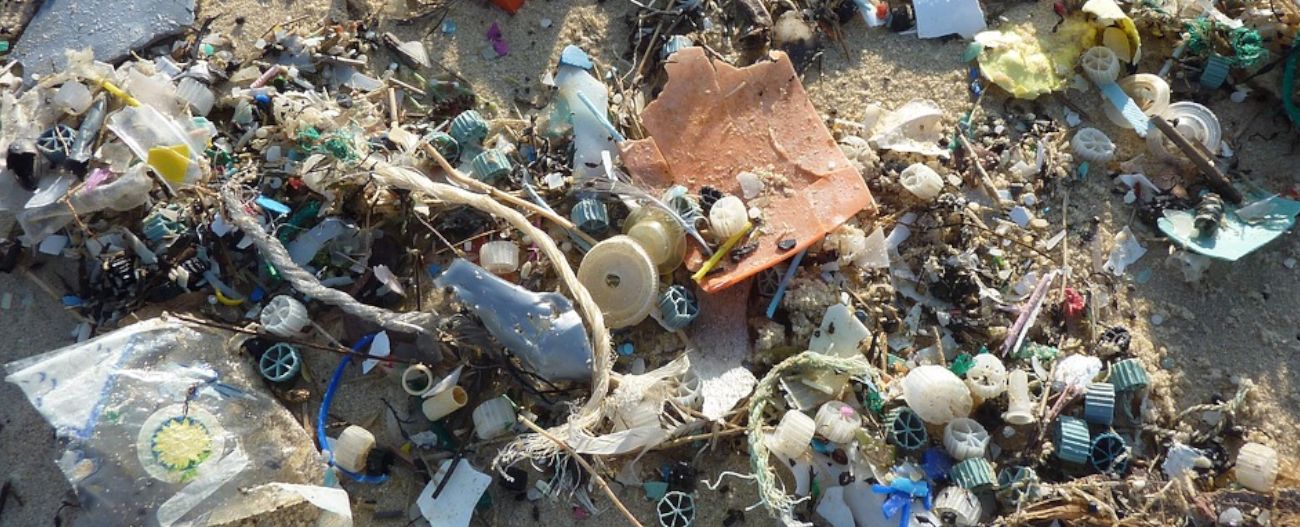In June The BBC aired its three-part documentary, War on Plastic with Hugh and Anita. It looked at the amount of single-use plastic the general public have in their homes, where this plastic originates and what it’s used for. Here are just a few of the standout pieces of information from the series.
One example shown during a meeting with Tesco’s group quality director, two sets of three bell peppers from Tesco, the pre-packaged set costing 91p and the loose set costing £1.65.
They also, revealed that McDonald’s is the biggest distributor of plastic toys, handing out 1.4 billion a year. On their website it notes that Happy Meal toys can be recycled, as can any battery-assisted toys but these need to be disposed of in a designated WEEE (electrical) bin. However, it was exposed that only a ‘tiny’ proportion is actively recycled, and it is rarely economical to do so.
WWF claims that the next 11 years will involve a further 104 million tonnes of plastic “leaking” into the ecosystems and the overall CO2 emissions generated through the plastic lifecycle will increase by 50%. Plastics account for 6% of global oil demand and therefore has a large contribution to global emissions. By 2050, the plastic industry could account for 15% of global greenhouse gas emissions.
Over a 10-year period up to 2016, global plastic output had increased from 245 million tonnes to 345 million tonnes. It is expected that by 2020 the global plastics industry will be worth over $650bn.
This series was a real eye-opener to the single-use plastic problems consumers face when doing their food shopping, as well as the larger issues facing the environment. If you didn’t get a chance to watch it and would like to find out more about any of the points mentioned, and much more, it can be found on BBC catch up.
A year ago, we researched the most common single-use plastics and what their alternatives could be. To read about different alternatives please follow this link.

 Sales 03308 285 687
Sales 03308 285 687 